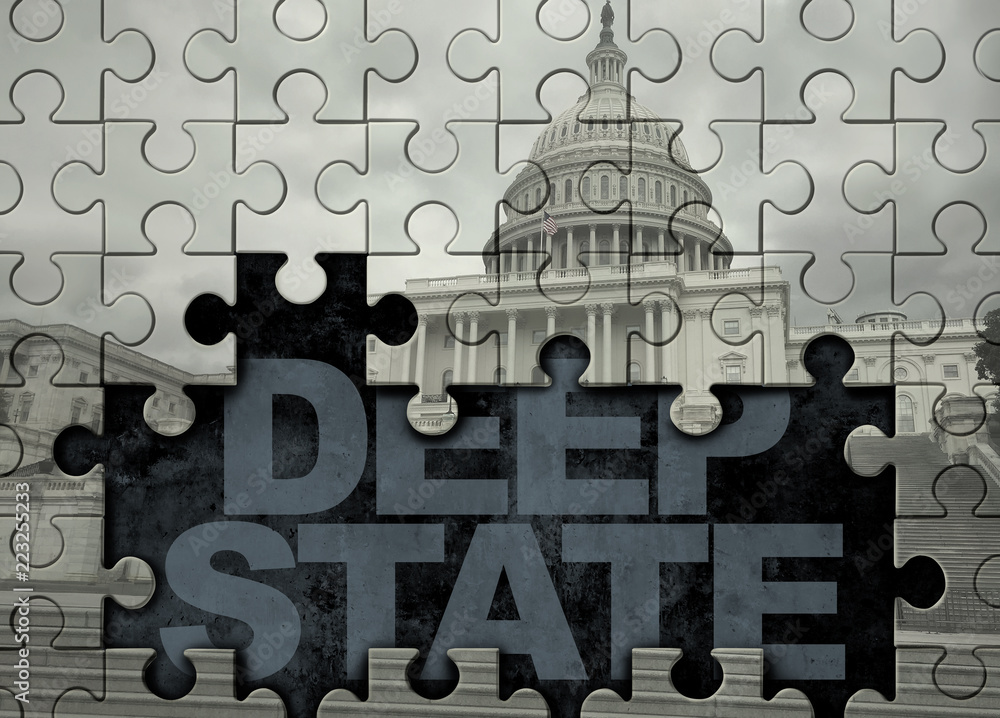The Department of Justice’s recent decision to withhold President Joe Biden’s interview audio with former special counsel Robert Hur has sparked a robust debate over transparency and the potential misuse of artificial intelligence. As fear of deepfakes and digital manipulation increases, the DOJ’s actions call into question the balance between privacy, security, and the public’s right to know.
The request for the audio of President Biden’s interview with Hur, made by organizations like CNN, the Heritage Foundation, and Judicial Watch through the Freedom of Information Act, has been met with stiff resistance. The DOJ’s filing explained that releasing the audio could jeopardize crucial law enforcement interests and deter future witness cooperation in sensitive investigations. This stance underscores the department’s concern over the growing threat of AI-driven manipulation, heightened by the sharp rise in deepfake technology’s capability to distort reality.
Public figures are particularly vulnerable as their extensively recorded voices provide ample material for malicious actors to create misleading audio. The DOJ argues that making this interview public would only invite further manipulation, creating a precedent that could discourage witnesses from participating in future probes. Bradley Weinsheimer, Associate Deputy Attorney General, voiced his concerns in an affidavit, noting that such precedent could harm the integrity of law enforcement processes even if no criminal charges result from the investigations.
The controversy is deepened by comments from Hur, who characterized President Biden as an elderly man with a poor memory. Hur’s assessment that Biden lacked a “mental state of willfulness” in the handling of classified documents highlights another dimension of this issue. It suggests that the release of the interview audio could influence public perception and possibly manipulate opinions regarding the President’s capabilities and actions.
Moreover, the House Judiciary and Oversight Committees’ subpoenas for the audio, though unanswered, underscore Congress’s vested interest in oversight and transparency. The DOJ’s refusal to comply with these subpoenas, however, indicates a broader struggle between different governmental branches over the control and dissemination of sensitive information.
This development occurs as faith in digital media integrity wanes, influenced by the potential of deepfakes to warp truth and trust. The implications of the DOJ’s decision and the ensuing debate reflect deeper societal anxieties about the intersection of privacy, security, and transparency in an era increasingly shaped by advanced AI technologies. With the 2024 presidential election approaching, the handling of this situation will likely resonate widely, affecting not just policy and law enforcement practices but also voters’ trust in governance and media.



